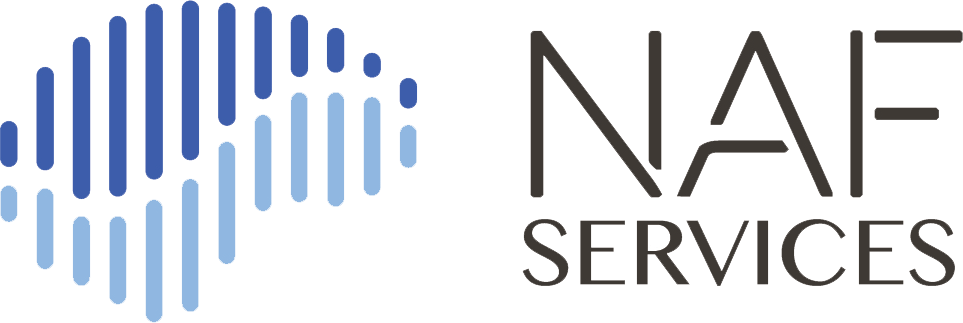FAQ
The process includes review of all medical, clinical and legal relevant material; a comprehensive interview with the client and if possible, a significant other (e.g. a spouse, child, friend or other); and completion of paper and pen tasks evaluating a person’s thinking and learning including attention, memory, language and problem solving. The tests are designed to inform how your brain is working at present and detect any changes that may have occurred over time or as a result of a brain injury or medical condition. The assessment may also include tests to evaluate mood and sometimes personality style and characteristics. A helpful Guide to Neuropsychological Assessment can be found on the Arbias website.
- No drug or alcohol use for at least 3 days prior to the assessment (ideally at least one week)
- Bring any hearing or visual aids including hearing devices and glasses
- Take your regular medications and bring these (as required) as well as a list of your medications and dosages to the assessment
- Bring any brain imaging reports and medical records (where applicable)
- Bring any school/academic records (where relevant)
- Bring a snack and drink
- Allow ample time for the assessment to ensure that the assessment can be completed
For forensic assessment, a detailed letter of instruction is required from the instructing lawyer or insurance provider detailing specific questions to be addressed. The referral letter should indicate when the report is required so that NAFS can ensure on time service. All relevant medical, legal and other documentation to be reviewed should be provided prior to the assessment.
